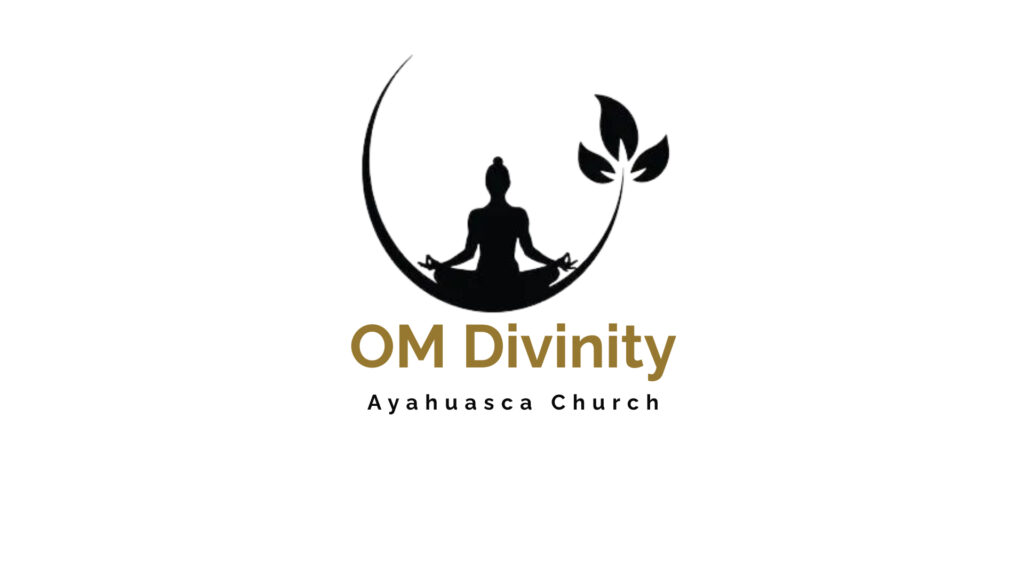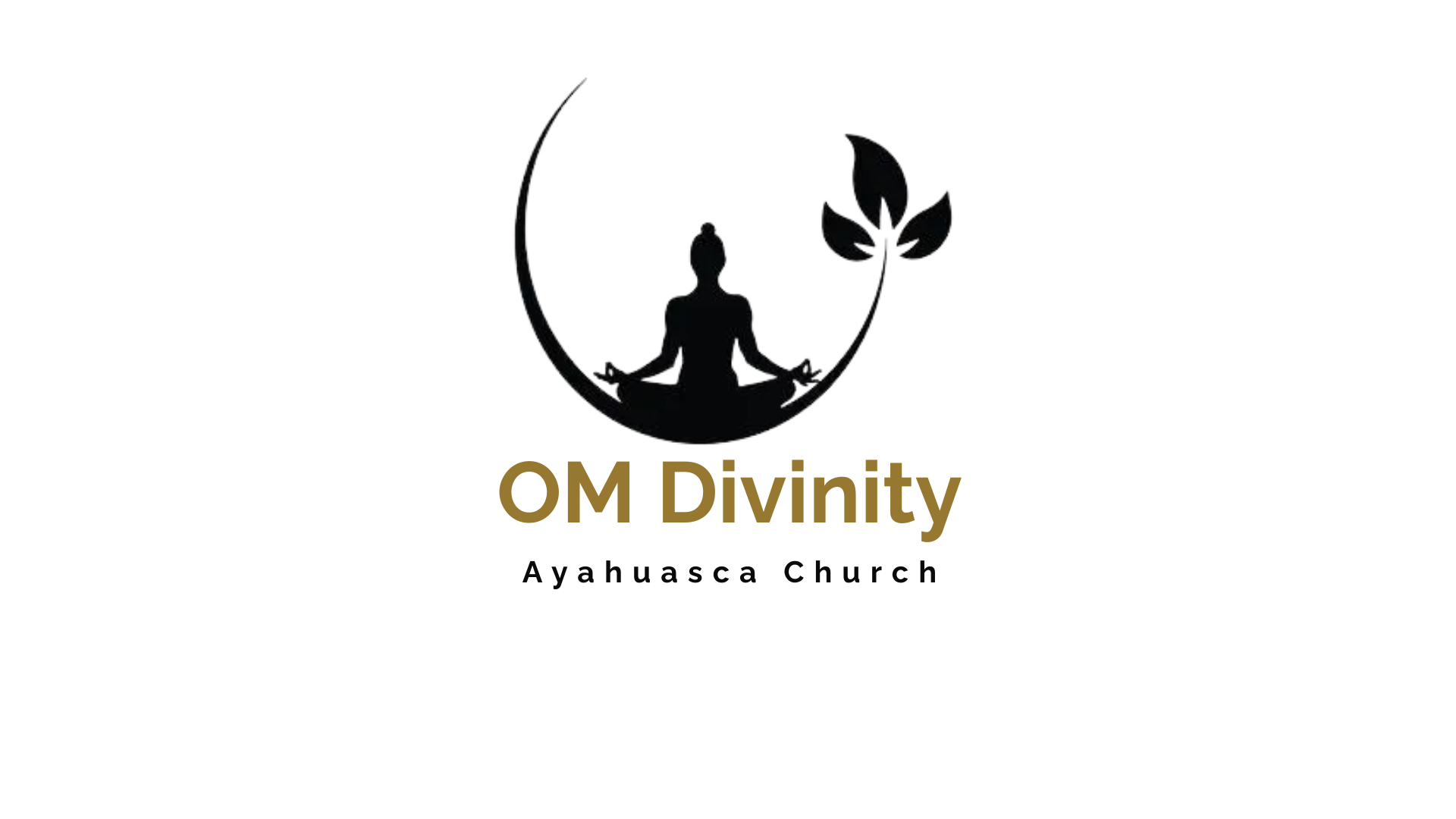Embrace the potential for profound personal and spiritual transformation as you delve into the heart of Theravada Buddhism retreats, fostering mindfulness, compassion, and wisdom on your journey to
Introduction to Theravada Buddhism Retreats
Understanding Theravada Buddhism
Theravada Buddhism, often referred to as the “Teaching of the Elders,” is one of the oldest surviving Buddhist schools, tracing its roots to the earliest teachings of the Buddha. It emphasizes the importance of individual practice, adherence to the original teachings, and the pursuit of enlightenment through meditation and ethical living.
Importance of Retreats in Theravada Tradition
Retreats are significant in the Theravada tradition as they give practitioners time and space to deepen their understanding of Buddhist teachings, cultivate mindfulness, and accelerate their spiritual journey. Retreats offer an immersive experience away from the distractions of daily life, allowing participants to focus wholeheartedly on their practice.
Overview of the Benefits
- Deepening understanding: Retreats offer a concentrated learning environment where participants can delve into the core teachings of Theravada Buddhism under the guidance of experienced teachers.
- Cultivating mindfulness: Retreats provide ample opportunities for meditation and contemplation, fostering the development of mindfulness and awareness in daily life.
- Nurturing spiritual growth: Retreats facilitate profound personal transformation and spiritual development by immersing oneself in the practice surrounded by like-minded individuals.
The Essence of Theravada Buddhism Retreats
Immersion in Buddhist Teachings
Retreats offer a rich and immersive environment where participants engage deeply with Buddhist scriptures, teachings, and philosophical concepts. Through lectures, discussions, and study sessions, participants gain a profound understanding of the fundamental principles of Theravada Buddhism.
Meditation Practices and Techniques
Central to Theravada Buddhism retreats are meditation practices that cultivate mindfulness, concentration, and insight. Participants learn and refine meditation techniques such as mindfulness of breath, loving-kindness (Metta), and insight meditation (Vipassana) under the guidance of experienced meditation instructors. Learn more.
Inner Reflection and Mindfulness
Retreats provide a conducive setting for introspection and inner reflection, allowing participants to observe their thoughts, emotions, and sensations with clarity and calmness. Through sustained mindfulness practice, individuals develop a deeper understanding of the nature of their minds and cultivate greater emotional resilience and inner peace.
Finding the Ideal Theravada Buddhism Retreat
Researching Retreat Centers
Prospective participants can conduct thorough research to identify reputable retreat centers that offer authentic Theravada Buddhist teachings and provide a supportive and conducive environment for practice. Factors to consider may include the lineage of teachers, the retreat center’s reputation, and past participants’ reviews.
Considering Location and Atmosphere
The location and atmosphere of a retreat center play a crucial role in facilitating a transformative retreat experience. Whether in nature or urban settings, retreat centers should offer a peaceful and tranquil environment conducive to meditation, contemplation, and inner exploration.
Evaluating Program Offerings
Participants should carefully evaluate the program offerings of prospective retreat centers to ensure alignment with their goals and preferences. Considerations may include:
- The retreat duration.
- The structure of daily activities.
- The diversity of teachings and practices offered.
- The qualifications of instructors and facilitators.

Preparation for a Theravada Buddhism Retreat
Mental and Spiritual Preparation
- Cultivating a mindset of openness and receptivity to spiritual teachings.
- Reflecting on personal goals and aspirations for the retreat, aligning them with the principles of Theravada Buddhism.
- Engaging in mindfulness practices and meditation to center the mind and cultivate inner peace.
- Letting go of distractions and commitments to immerse oneself fully in the retreat experience. Learn more.
Packing Essentials
- Lightweight clothing suitable for meditation and yoga practice, adhering to modest dress codes often observed in retreat centers.
- A meditation cushion or mat is used for comfortable seating during long meditation sessions.
- Journal or notebook for reflection and jotting down insights gained during the retreat.
- Personal toiletries and any required medications for maintaining health and well-being.
- Respectful attire for temple visits or formal gatherings, if included in the retreat itinerary.
Setting Intentions
- I am clarifying intentions for personal growth, spiritual development, or specific focus areas during the retreat.
- I am writing down intentions and affirmations to reinforce commitment and clarity of purpose.
- I am sharing intentions with retreat leaders or mentors for guidance and support throughout the retreat.
- She remains flexible and open to adjusting intentions based on evolving insights and experiences during the retreat journey.
Experiencing a Theravada Buddhism Retreat
Daily Schedule and Activities
- Following a structured daily schedule that typically includes periods of meditation, Dhamma talks (teachings), and mindful activities.
- I am participating in group meditation sessions to deepen my concentration and cultivate inner awareness.
- You are engaging in walking meditation amidst serene natural surroundings, which fosters a sense of connection to the present moment.
- I am attending Dhamma talks from experienced teachers to gain insights into Theravada Buddhist teachings and principles.
Interaction with Teachers and Practitioners
- I seek guidance and clarification from experienced teachers on meditation techniques and Buddhist philosophy.
- I am participating in Q&A sessions to address personal challenges or questions related to meditation practice and spiritual development.
- I connect with fellow practitioners through group discussions, and sharing personal experiences fosters unity and support.
- We respect the authority and wisdom of teachers while maintaining an attitude of humility and receptivity.
Deepening Spiritual Connections
- Through contemplative practices, we cultivate a sense of interconnectedness with ourselves, others, and the natural world.
- I was reflecting on the impermanent nature of existence and the interconnectedness of all beings, as emphasized in Theravada Buddhism.
- We are developing compassion and loving-kindness towards ourselves and others through generosity and service.
- We are nurturing a sense of gratitude for the opportunity to deepen one’s understanding of the Dhamma and cultivate wholesome qualities of mind and heart.
Integrating Retreat Insights into Daily Life
Applying Lessons Learned
- I was reflecting on insights gained during the retreat and identifying practical ways to integrate them into daily life.
- It is setting reminders or cues to maintain mindfulness and awareness amidst the demands of everyday activities.
- I practice patience, kindness, and equanimity in challenging situations, drawing upon the wisdom cultivated during the retreat.
Sustaining Meditation and Mindfulness Practices
- We are establishing a daily meditation routine, even if brief, to sustain the momentum of practice cultivated during the retreat.
- I am exploring meditation techniques and finding those that resonate most deeply for continued growth and development.
- I am attending local meditation groups or retreats to stay connected with a supportive community of practitioners.
Nurturing Continued Growth
- I am setting new goals or intentions for personal and spiritual growth, building upon the foundation established during the retreat.
- I continue studying and reflecting on Theravada Buddhist teachings through readings, discussions, or online resources.
- I seek opportunities for further retreat experiences or spiritual pilgrimages to deepen one’s understanding and practice.
- She is cultivating gratitude for the transformative power of retreats and remaining committed to awakening and liberation.

Final words: Embracing Transformation through Theravada Buddhism Retreats
- Theravada Buddhism retreats offer a profound opportunity for personal and spiritual transformation, providing a supportive environment for deepening meditation practice, gaining insights into Buddhist teachings, and fostering connections with like-minded practitioners.
- By preparing mentally and spiritually, packing essentials, and setting clear intentions, participants can fully engage in the retreat experience and derive maximum benefit.
- During the retreat, adhering to the daily schedule, interacting with teachers and practitioners, and deepening spiritual connections help to create a conducive environment for inner growth and awakening.
- Integrating retreat insights into daily life involves applying lessons learned, sustaining meditation and mindfulness practices, and nurturing continued growth on the path of awakening.
- Embracing the transformative potential of Theravada Buddhism retreats, practitioners can cultivate greater mindfulness, compassion, and wisdom, leading to a more meaningful and fulfilling life journey.
- Unlocking the Healing Power of Plant Spirit Medicine. Learn more.
- Exploring the Ancient Path: A Deep Dive into Shamanic Journeys. Learn more.
- Journey to Tranquility: Mindfulness Retreat in Atlanta. Learn more.
- Your Guide to Transformative Ayahuasca Retreats in the USA. Learn more.
- Rejuvenating the Soul: The Power of Spiritual Healing. Learn more.
- Tantric Healing: Experience Healing and Growth. Learn more.



